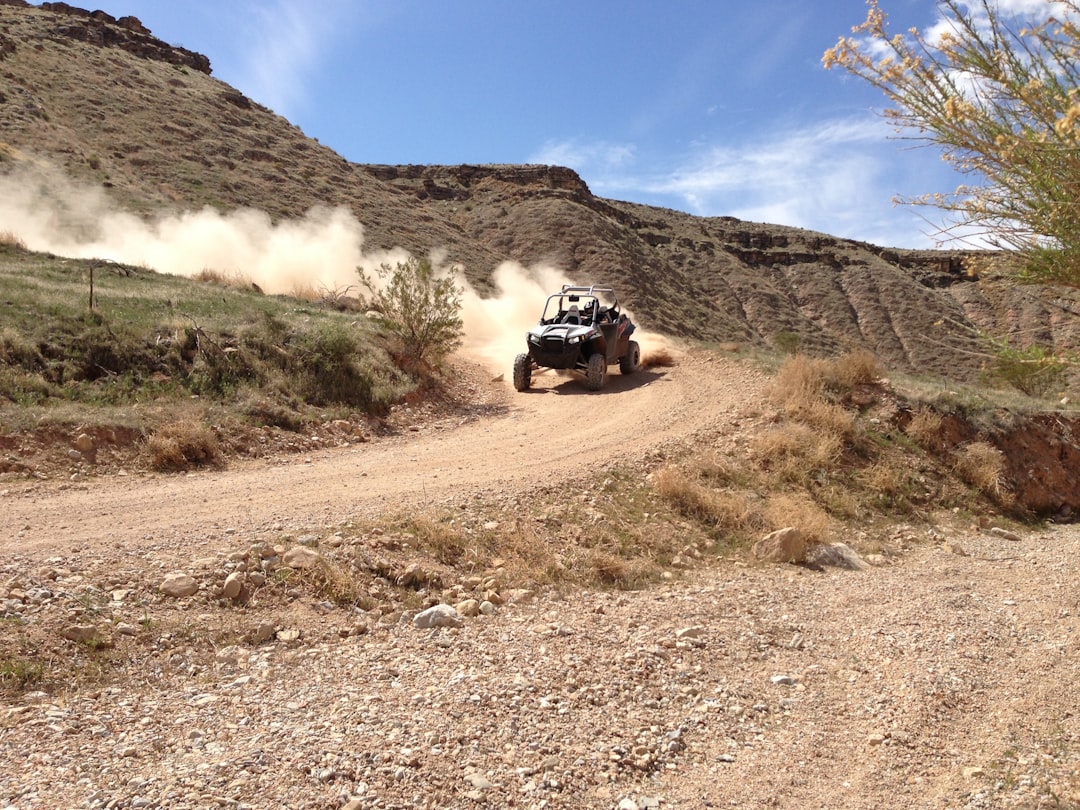The Essential Guide to Off-Road Etiquette: Respecting the Trail and Each Other
Off-roading is a thrilling way to explore nature, tackle challenging terrains, and connect with fellow adventurers. However, with great adventure comes great responsibility. Practicing good off-road etiquette ensures the trails remain enjoyable, safe, and sustainable for everyone. Here are some essential tips to keep in mind during your next off-road outing.
1. Stay on Designated Trails
One of the golden rules of off-roading is to stick to marked and designated trails. Straying off the trail can damage fragile ecosystems, disturb wildlife, and lead to trail closures.
- Tip: Research trail maps and regulations before heading out.
- Why it matters: Staying on established paths reduces erosion and minimizes environmental impact.
2. Yield Appropriately
Understanding right-of-way rules is crucial when encountering others on the trail.
- General Guidelines:
- Yield to uphill traffic: Vehicles going uphill have the right of way since it’s harder for them to regain momentum.
- Yield to non-motorized users: Be courteous to hikers, cyclists, and horseback riders by slowing down or stopping as necessary.
- Communicate with hand signals or a polite wave when passing.
- Why it matters: Proper yielding prevents accidents and fosters mutual respect among trail users.
3. Minimize Noise and Dust
Off-road vehicles can be loud and disruptive, especially in serene environments. Be mindful of your surroundings to maintain a positive experience for others.
- How to:
- Avoid revving your engine unnecessarily.
- Keep speeds moderate to reduce dust clouds, particularly when passing others.
- Why it matters: Less noise and dust make the experience more enjoyable for everyone, including wildlife.
4. Pack Out What You Pack In
Leave no trace is a mantra all off-roaders should embrace.
- Dos:
- Carry a trash bag for your waste and any litter you may find.
- Dispose of biodegradable items like food scraps properly, as they can attract wildlife.
- Don’ts:
- Never leave behind broken parts, like tire remnants or plastic pieces.
- Why it matters: Keeping the trails clean preserves their beauty for future generations.
5. Respect Trail Closures and Signs
Trail closures are often implemented to protect the environment or for maintenance purposes. Ignoring these signs can lead to fines or further damage.
- How to:
- Check local updates on trail conditions before you go.
- Follow seasonal restrictions, such as closures due to fire hazards or muddy conditions.
- Why it matters: Respecting closures helps ensure trails remain open and safe for public use.
6. Be Prepared for Emergencies
Off-roading can be unpredictable. Always plan ahead to ensure your safety and the safety of those around you.
- Checklist:
- Carry a first-aid kit, tools, and recovery gear.
- Inform someone of your route and expected return time.
- Have a fully charged phone or communication device.
- Why it matters: Being prepared minimizes risks and helps you assist others in need.
7. Drive Responsibly
Aggressive driving not only endangers you but also damages trails and risks injury to others.
- How to:
- Maintain a safe speed and control, especially on narrow or crowded trails.
- Avoid reckless stunts or actions that could harm the terrain.
- Why it matters: Responsible driving ensures safety and prevents unnecessary trail degradation.
8. Respect Wildlife
Nature is home to countless animals, and off-roading often brings you into their habitat. Be a respectful visitor.
- Dos:
- Observe animals from a distance.
- Slow down in areas where wildlife is present.
- Don’ts:
- Never feed or attempt to touch wildlife.
- Avoid loud noises that could startle animals.
- Why it matters: Protecting wildlife preserves the natural balance of ecosystems.
Final Thoughts
Practicing off-road etiquette is about more than just following rules—it’s about fostering a community of responsible adventurers who care for the environment and each other. By adopting these practices, you can ensure that off-roading remains a sustainable and enjoyable activity for years to come. Happy trails!



